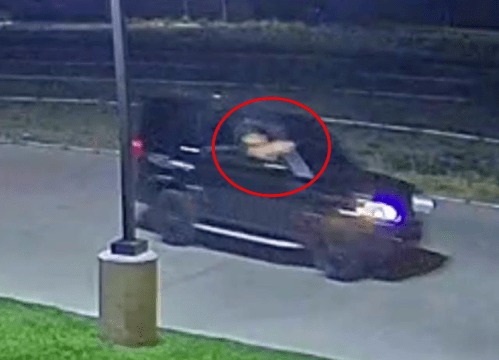

Under Colorado law, complaints about alleged campaign finance violations and ethical breaches by elected officials have to come from citizens and citizen groups. For 11 years, a nonprofit watchdog called Colorado Ethics Watch often brought those complaints. Now, Ethics Watch is set to go out of business -- the victim of dwindling finances and, it turns out, an increase in the number of citizens filing complaints on their own.
The group’s executive director, Luis Toro, tells Colorado Matters he has tips for people to identify malfeasance and take their claims to the right places.
Identifying unethical behavior and campaign finance violations:
Ethics: Look for conflicts of interest (citizens can review financial disclosures filed with the Secretary of State); misuse of public money; or illegal gifts. For example, in one case filed by Colorado Ethics Watch, a local official voted on a contract for a company where he had applied for work. The state ethics commission found it to be a violation but did not levy a fine because it ruled that the official would have won the job without his vote on the contract.
Use the Colorado Open Records Act to obtain public records that may provide proof of wrongdoing. The Colorado Open Records Act requires that most public records be available to citizens on request. Most public agencies designate a person to be responsible for accepting and fulfilling the requests.
Campaign finance: Look for “paid-for” disclaimers that independent groups must make on their mailers and advertisements, and compare them to filings with the Secretary of State. If there is no filing, the group is in violation.
Gather evidence and witnesses to either put on a case before an administrative law judge (for campaign finance) or to submit to the state or local ethics commission.








